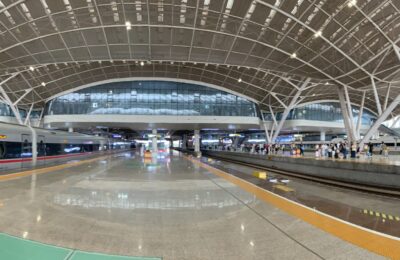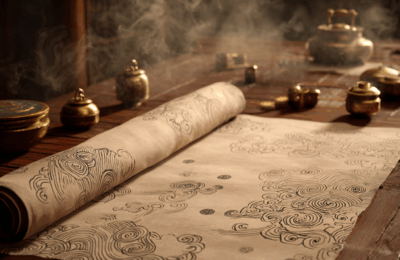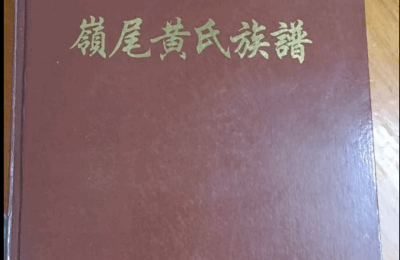《返魂列车:沿着山河的节奏,归于楚辞的回响》—— 从南宁出发,经长沙,抵武汉
这一趟从广西南宁东出发,穿越长沙,抵达武汉的高铁旅程,也是一场身体与文明的同步召唤。从祠堂走向站台,从惊魂的拼车到祖源的落地,高铁返魂列车沿着山河的节奏,一站一站,把楚辞的回响唱回身上。The high-speed train journey from Nanning East in Guangxi, passing through Changsha and arriving in Wuhan, was also a synchronized calling of body and civilization. From the ancestral hall to the station platform, from a frightful shared ride to the landing of ancestral roots, the returning train of souls followed the rhythm of the mountains and rivers — carrying back, stop by stop, the echoes of the "Chu Ci" onto my own body.



